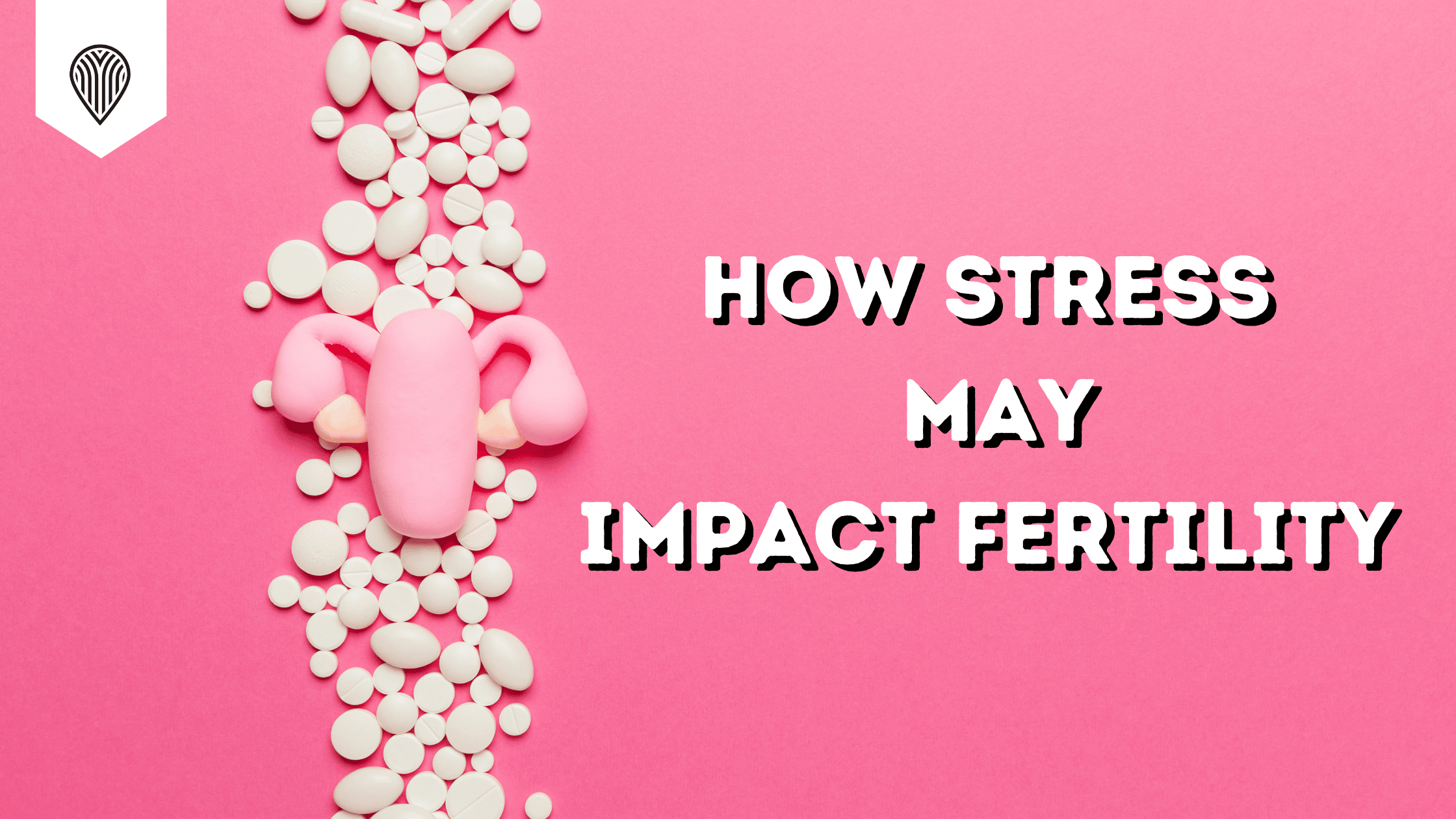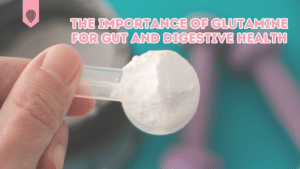Perhaps you have been trying to conceive for quite some time. Friends and family tell you to “quit stressing. It will happen when it happens.” As frustrating as it is to hear that when trying for a baby, there is some truth about the effects stress has on fertility.
This notion that stress affects fertility goes back centuries. Medical experts in the 19th century believed that the higher an education a woman received, the more likely she was to have trouble conceiving. The thought being that women had a finite amount of energy and could use it for brain power or reproduction, but not both. Of course, these so-called experts had no evidence on the notion, but claimed women should not be educated in the same way as men, in order to carry a baby.*

In 1940, medical professionals characterized women who were too anxious or ambitious to get pregnant, as struggling from what they called, psychogenic infertility (1). The media was flooded with anecdotal testimonies of women, once labeled as infertile, who quit their jobs to stay home and consequently got pregnant soon after.*
Some doctors believe when it comes to stress and infertility, it’s the chicken and the egg questions. Couples struggling to conceive are undoubtedly stressed. So does the stress cause infertility? Or does stress come from trying to conceive unsuccessfully?
Fertility stress is no different than psychological stress. When the body is under distress, it triggers its fight or flight response. This activates both the sympathetic nervous system (SNS) and the hypothalamic-pituitary-adrenal (HPA) axis (3), releasing stress hormones like cortisol and adrenaline. During high times of stress, the body tries to preserve its energy stores and shuts down systems of the body not crucial for survival, like the reproductive system.
“We know now that stress hormones such as cortisol disrupt signaling between the brain and the ovaries, which can trip up ovulation,” says Sarah Berga, MD, an infertility specialist, and vice chair of women’s health at Wake Forest Medical Center in Winston-Salem, N.C. (2)*
It’s important to understand the research on stress and fertility is limited and ongoing. There have been smaller studies done linking stress as a possible cause of infertility, but these sample sizes are small.
For example, one study in 2015 (4), had 259 women take perceived stress assessments and found that the high stress group showed lower levels of estrogen, luteinizing hormone and progesterone in the luteal phase of their cycles which could mean a higher likelihood of anovulation. Anovulation happens when an egg isn’t released from the ovary during a woman’s menstrual cycle.*

Likewise, a 2010 study (5) done at Oxford University, showed that 25% of women with higher levels of alpha-amylase (a substance found in saliva that is linked to higher stress response), had more trouble conceiving than women with lower levels of alpha-amylase.
So, while research is still ongoing about exactly how stress impacts fertility, what we do know is that in several meta-analysis, (6) it appears that couples who engaged in “psychological interventions such as cognitive-behavioral therapy or mindfulness” had higher rates of pregnancy than those that did not.*
Things you can do to manage stress at home include exercise, yoga, meditation, journaling, cognitive behavioral therapy, and self-care. Take the time to address potential root causes and how to improve these factors that may be leading to unnecessary and prolonged stress.
A healthy diet rich in whole foods, vitamins, and minerals, along with daily exercise will also help to reduce internal stressors.
Another great holistic option is Stress Defy. An exclusive blend of nutrients designed to support healthy adrenal gland function. Controlled cortisol levels help the body to adjust to mental, physical, and emotional stress properly.*
*These statements have not been evaluated by the Food and Drug Administration. This product is not intended to diagnose, treat, cure, or prevent any disease.

References:
1) https://www.nytimes.com/2020/04/17/parenting/fertility/conception-stress.html
2) https://www.webmd.com/baby/features/infertility-stress
3) https://www.sciencedirect.com/science/article/pii/S2666354620300764





